On October 22, 2024, the Prime Minister issued Decision No. 1236/QD/TTg, announcing the National Strategy on application and development of blockchain technology to 2025, with a vision to 2030. In particular, the goal is that by 2030, Vietnam will become a leading country in the region and have an international position in the blockchain industry.
This is an important step, demonstrating the Government 's strong commitment and specific direction for the development of the blockchain technology industry. At the same time, the Strategy also shapes the future legal framework, creating conditions for businesses and individuals to operate in a safe and transparent environment, promoting innovation, helping Vietnam improve its competitiveness and quickly integrate with global technology trends.
In particular, in parallel with the National Blockchain Strategy, the National Assembly is also considering the draft Law on Digital Technology Industry, which is expected to be approved by the National Assembly in May 2025. These documents will be a solid initial legal foundation to promote this young but extremely potential blockchain technology application industry.
“Equal opportunity” for all economies
According to Chainalysis' latest 2024 report, Vietnam currently has more than 20 million people owning crypto assets, accounting for 20% of the population and ranking 5th globally in terms of crypto asset acceptance, just behind the US (4th place) and 3 other countries from top to bottom: India, Nigeria and Indonesia. Another report also from Chainalysis shows that the flow of crypto money into Vietnam last year reached 120 billion USD, equivalent to more than 1/4 of the country's total GDP.
According to the Ministry of Science and Technology, one of the four technology unicorns (capitalization value over 1 billion USD) in Vietnam is Sky Mavis - a startup company in the Web3 field.
Notably, in the top 20 countries with the highest level of crypto asset acceptance in the world, most of them are developing countries such as India, Nigeria, Indonesia, Vietnam, Ukraine, Philippines, etc., showing that the level of economic development, technical infrastructure or legal regulations are not significant barriers to promoting the application of blockchain technology.
In other words, blockchain can be considered an “equal opportunity” for all economies, especially developing countries like Vietnam, which need to quickly grasp. This may be a rare opportunity in the past decades and in the future, because most technology races from the past to the present, from artificial intelligence (AI), semiconductor technology, electric vehicles, etc., all require both huge investment costs and superior technology platforms that developing countries like Vietnam can hardly compete with.
For businesses, the National Blockchain Strategy opens up many important opportunities to develop strongly and lead the trend in the blockchain industry. In particular, the most important factor is the creation of a favorable and clear legal environment to help businesses confidently invest in blockchain solutions without worrying about legal compliance risks.
Second, the Government's encouragement of blockchain applications in industries such as finance, logistics, agriculture, and data management creates great demand from state agencies and domestic enterprises, helping to expand the blockchain application market, giving service providers more space to grow and develop strongly.
Third, the National Blockchain Strategy is a great opportunity for businesses to participate in controlled testing mechanisms (sandboxes), allowing businesses to test blockchain technology in a safe environment before launching practical applications to optimize resources and minimize risks.
Fourth, the Government's orientation in developing "Make in Vietnam" blockchain platforms will create favorable conditions for domestic enterprises to develop strongly, enhancing competitiveness not only domestically but also ready to reach out to the international market.
In particular, the National Blockchain Strategy focuses on training and developing high-quality human resources, requiring the introduction of blockchain into universities and educational institutions in appropriate fields and promoting the development of open online learning platforms (MOOC - Massive Open Online Course) on Blockchain. With a well-trained workforce, Vietnam has the basis and foundation for businesses to have a workforce with in-depth knowledge of blockchain, helping them to stay ahead of new technology trends.
 |
Teaching the Blockchain Panorama course on the MasterTeck online learning platform. (Screenshot from Masterteck.edu.vn) |
As a professional social organization directly assigned to the National Blockchain Strategy, VBA also has specific activities to support businesses and individuals such as popularizing blockchain and AI through seminars, conferences, direct training, online training, consulting and supporting the development of blockchain applications in accordance with market needs and legal regulations.
In particular, VBA and its member unit, the Blockchain Technology and Artificial Intelligence Institute ABAII, have also promptly announced MasterTeck, the first MOOC open online learning platform under the National Blockchain Strategy to contribute to realizing these goals.
In the National Blockchain Strategy, in addition to ministries and branches, the Vietnam Blockchain Association, along with professional associations and unions, are assigned to preside over: Developing Blockchain platforms Made in Vietnam. Building mechanisms for operation, exploitation, interaction and interconnection between types of blockchain networks operating on Vietnam's blockchain infrastructure. Gathering Vietnamese digital technology enterprises to build blockchain platforms, promote information sharing, and enhance competitiveness with foreign enterprises.
Challenges and expectations for the future of Vietnam's blockchain industry
Promoting the widespread application of blockchain in Vietnam will bring many clear benefits, helping to expand the blockchain technology application ecosystem and develop new business models in many important fields such as finance, logistics, agriculture, and national public data management. These achievements will create great momentum for the Vietnamese blockchain industry to develop strongly and sustainably in the future, becoming one of Vietnam's competitive advantages in the international arena.
However, this breakthrough process also comes with a number of significant challenges and many difficult problems that need to be solved at the same time, such as perfecting the legal system, shortage of high-quality human resources, changing traditional perceptions and operating models, direct competition with foreign enterprises and infrastructure investment and security issues.
In reality, although the National Blockchain Strategy has laid the foundation for building a legal framework, this process requires close coordination from many ministries and branches, which can lead to delays in issuing regulations, causing difficulties for businesses and investors in the early stages.
 |
A program in the ABAII Unitour series of VBA aims to popularize Blockchain and AI to university students across the country. (Photo: 14th ABAII Unitour at the School of Technology - National Economics University) |
In terms of technology, blockchain is a technology field that requires high expertise, but currently Vietnam still lacks a deep understanding of human resources, and the mindset and acceptance of the community are not yet synchronized. Therefore, training and developing human resources, changing community awareness, business processes and approaches are long-term challenges, requiring time and significant investment to create the necessary changes. Only by building a high-quality human resource team and a modern technology platform can we compete fairly with international businesses right at home.
In addition, blockchain is a complex technology that requires strong security measures to avoid risks such as cyber attacks or fraud. To maintain safety in large-scale blockchain deployment, businesses must invest in security solutions, manage risks, and ensure stability - these are not small challenges.
However, despite all the challenges, with strong determination from the Government, a clear strategic roadmap and commitment from all parties, these barriers will soon be gradually removed to bring blockchain to widespread application in many key areas, from finance, logistics, healthcare, education, and public management.
In particular, Vietnam may soon form a comprehensive and synchronous blockchain ecosystem on the high-quality “Make in Vietnam” blockchain platform, in which businesses, research organizations and management agencies can closely connect with each other, promote innovation initiatives, create a positive cooperation environment between parties, helping Vietnam become an attractive destination globally in the blockchain industry, contributing to improving national competitiveness and promoting strong economic development in the digital age.



![[Photo] Prime Minister Pham Minh Chinh chairs the conference to review the 2024-2025 school year and deploy tasks for the 2025-2026 school year.](https://vstatic.vietnam.vn/vietnam/resource/IMAGE/2025/8/22/2ca5ed79ce6a46a1ac7706a42cefafae)


![[Photo] President Luong Cuong receives delegation of the Youth Committee of the Liberal Democratic Party of Japan](https://vstatic.vietnam.vn/vietnam/resource/IMAGE/2025/8/22/2632d7f5cf4f4a8e90ce5f5e1989194a)




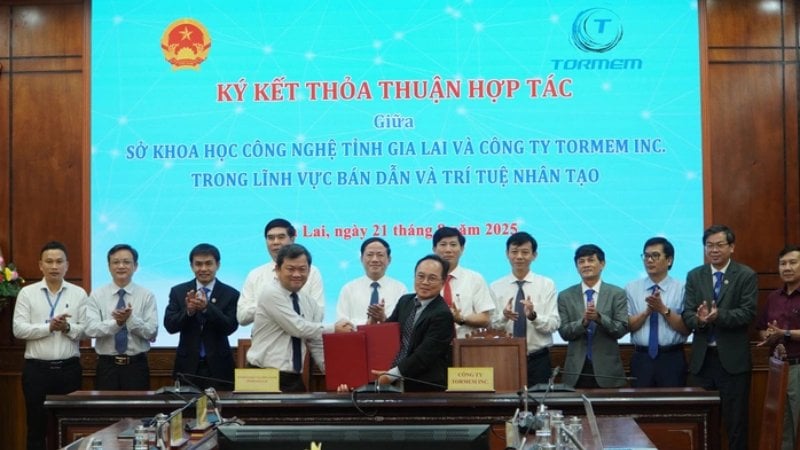

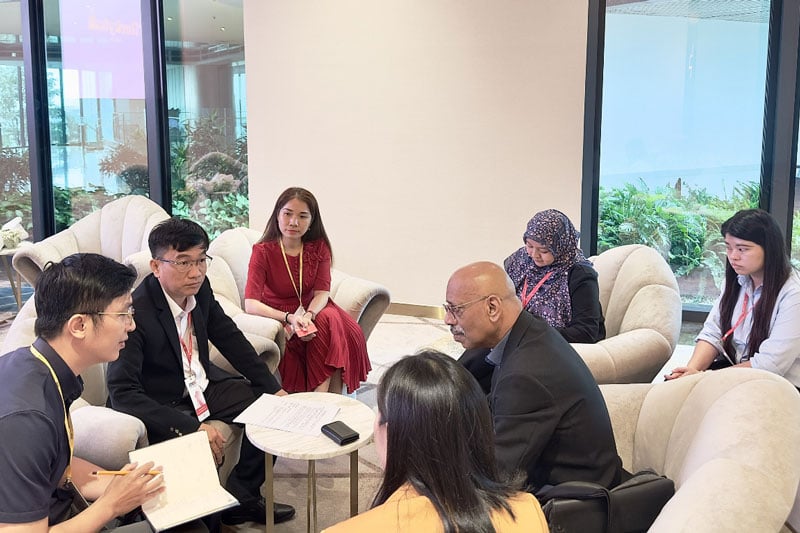




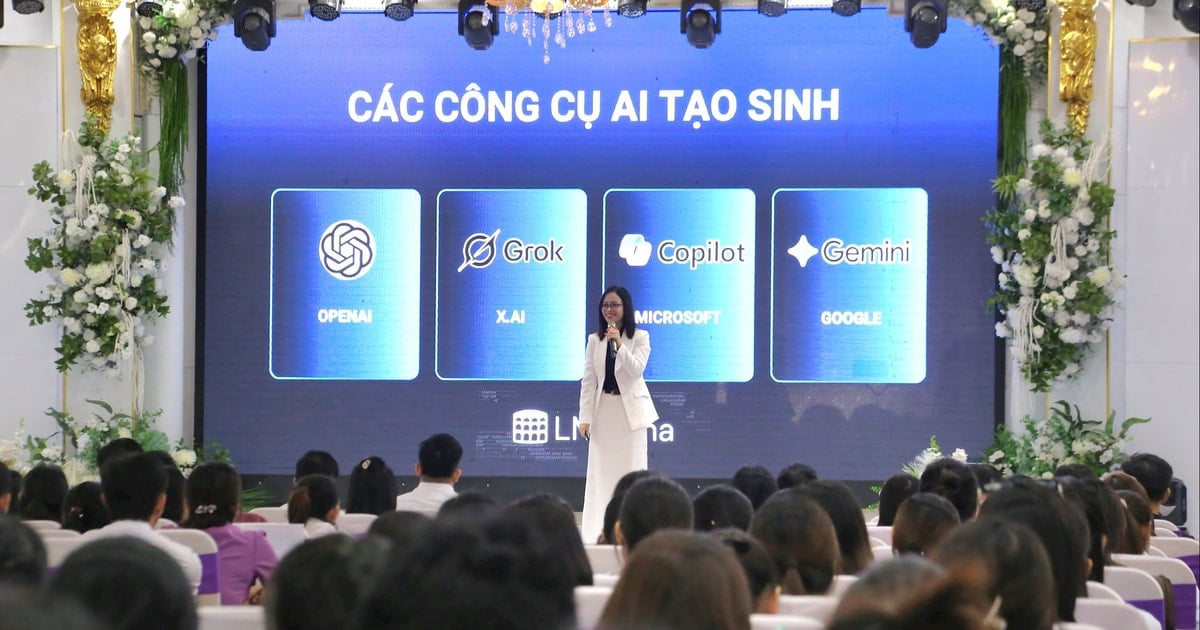


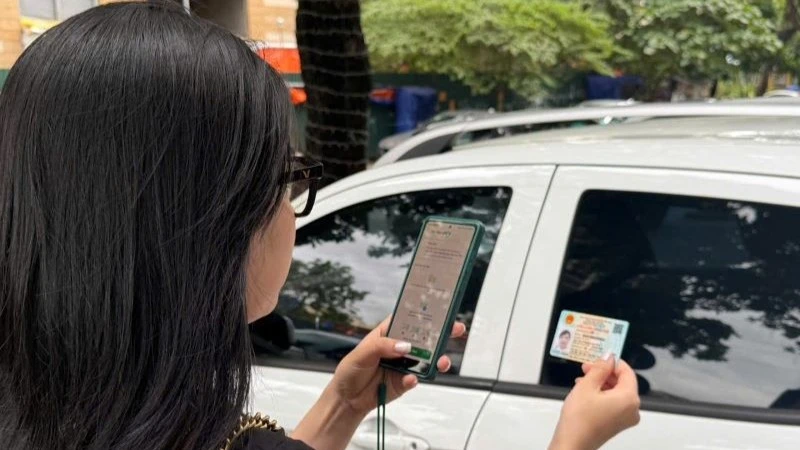




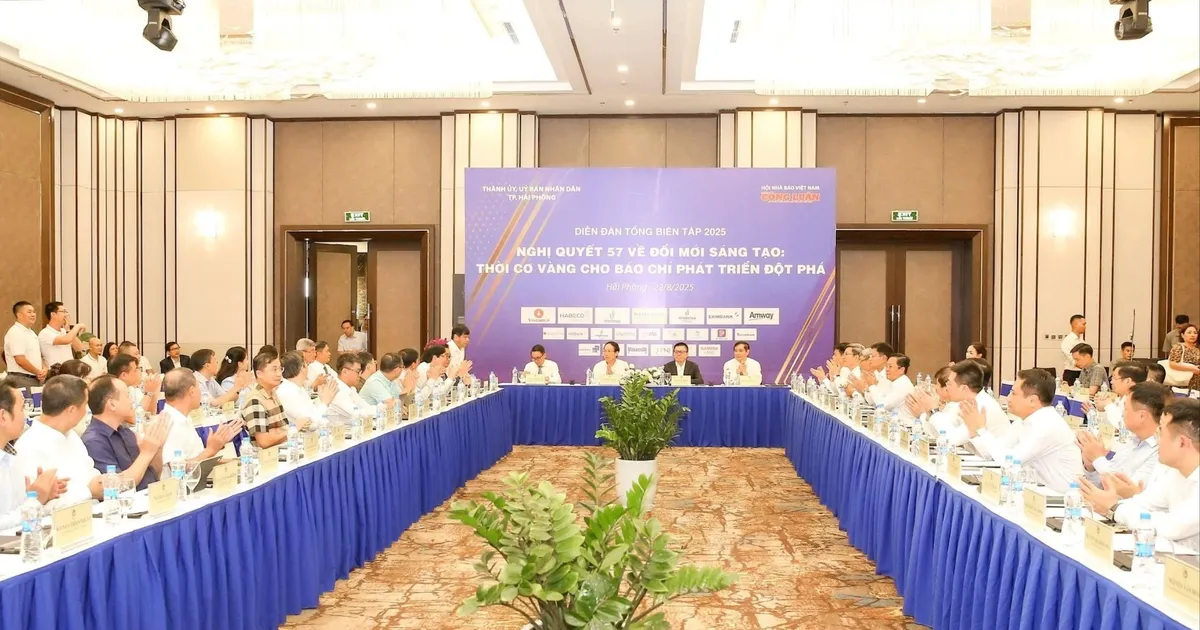

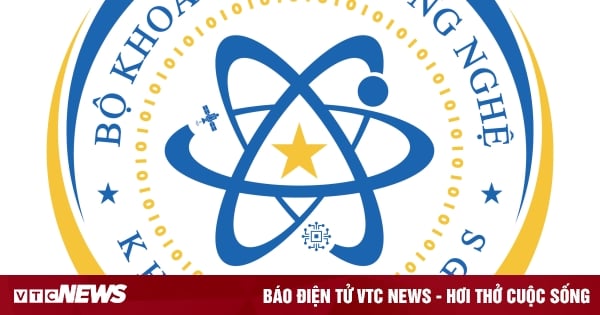







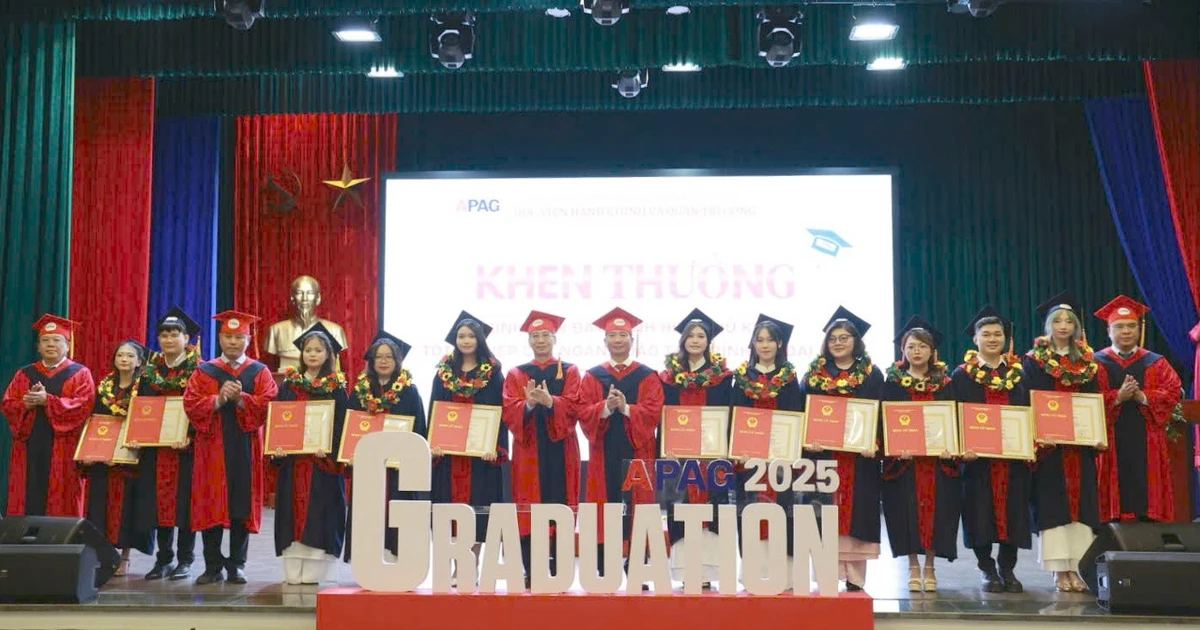
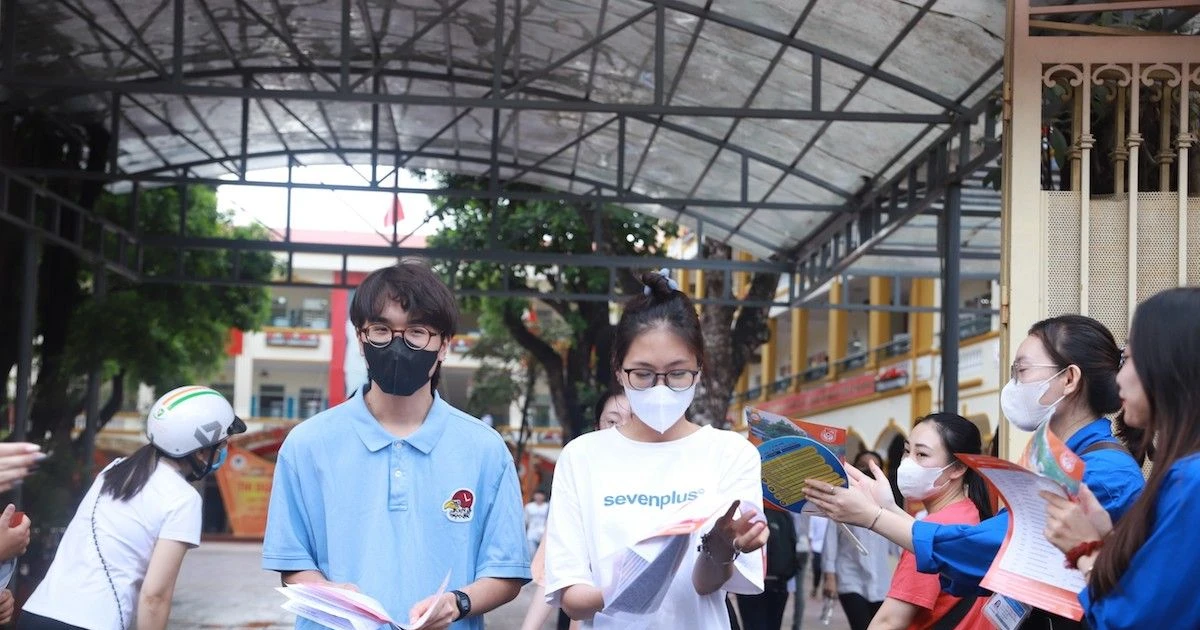




































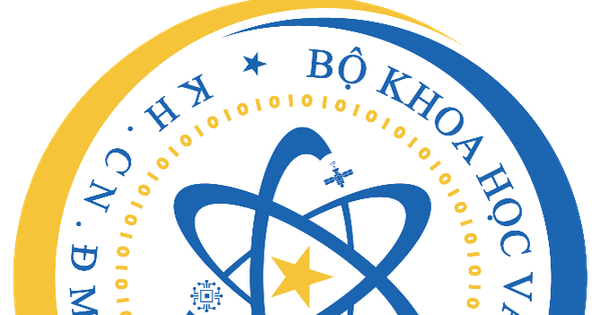



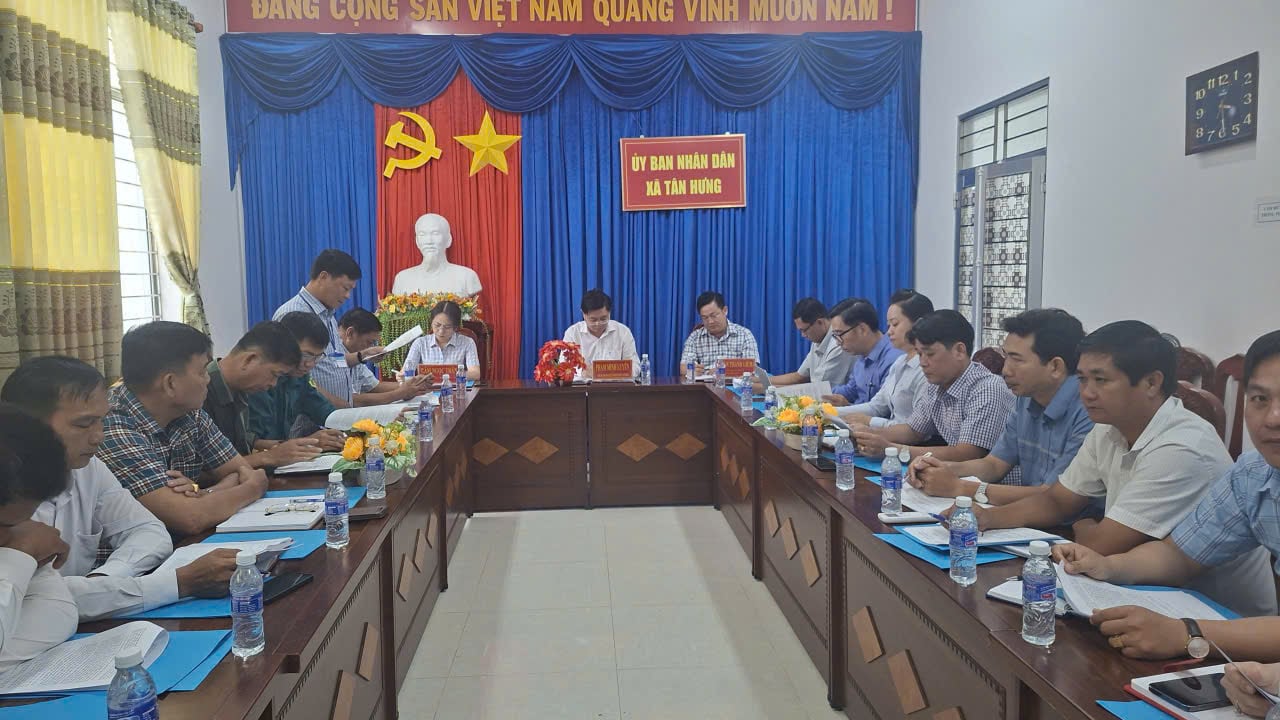
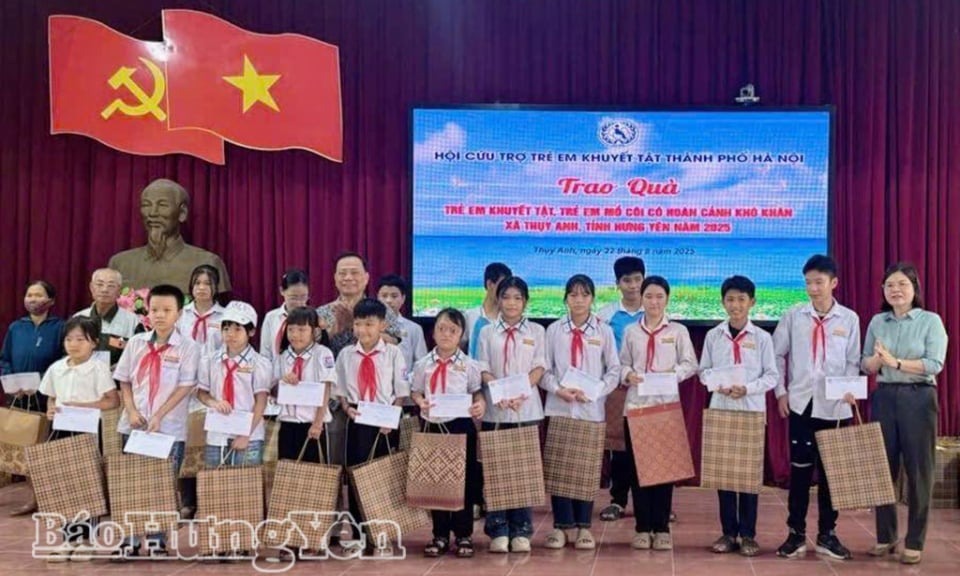

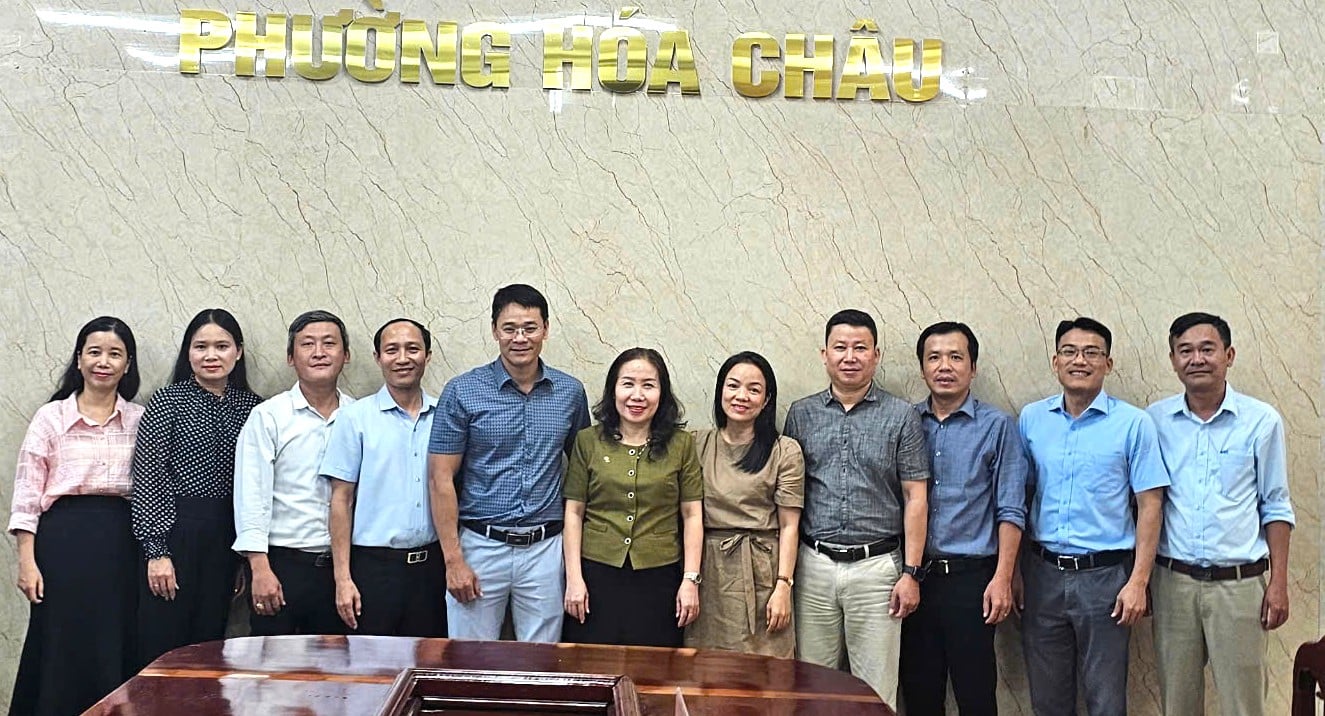

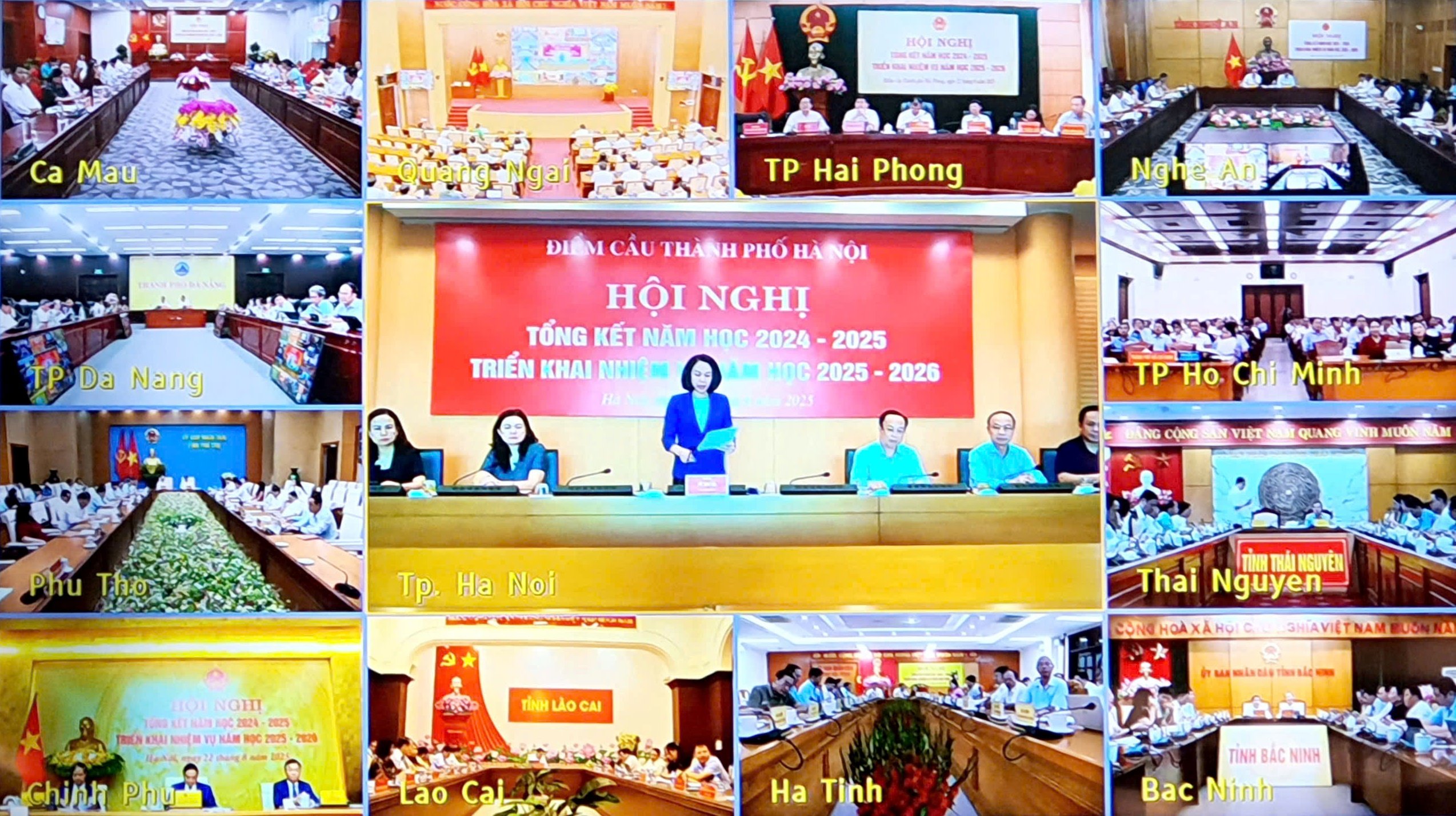

















Comment (0)